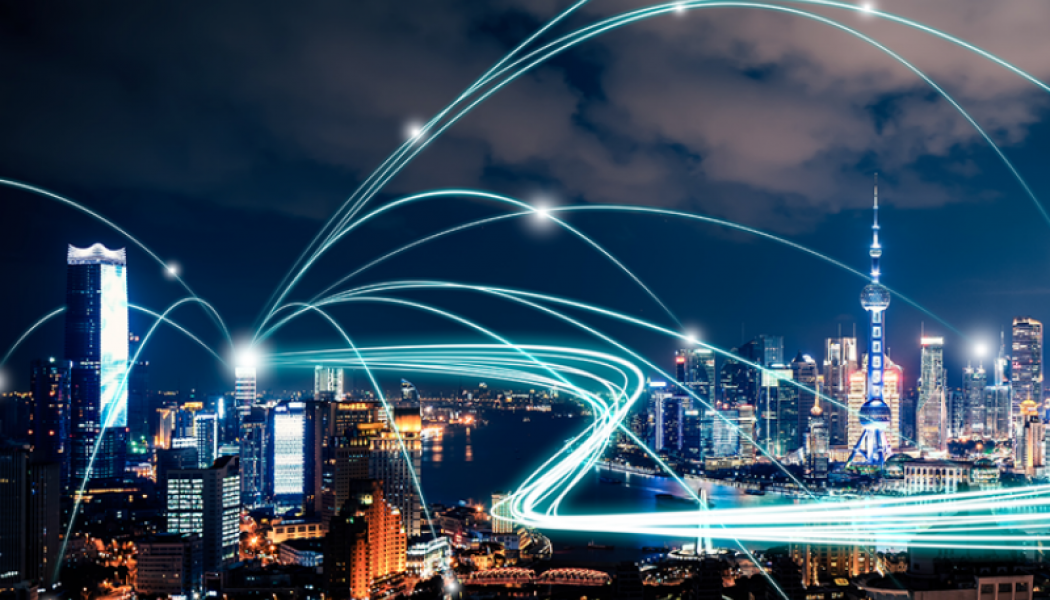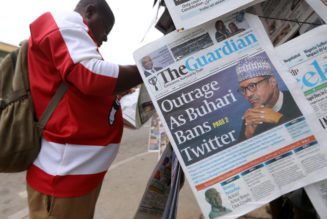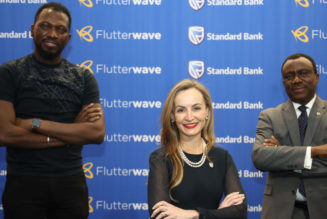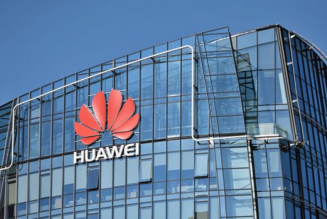If South Africa has the local talent and resources to construct, maintain and manage the country’s telecommunications infrastructure, why doesn’t it do so? asks Victor Stephanopoli, chairman at MzansiSat.
He says South Africa needs to harness the resources and assets it already has on its shores to boost its telecommunications infrastructure rather than outsourcing to foreign players.
“South Africa has the technology, expertise and persistence to address complex issues. The country would do well to harness the creativity and flexibility of its small to medium enterprise (SME) sector to find solutions to its telecoms challenges.”
“South Africa could take a leaf from Germany’s Mittelstand model and position itself as a successful nation going forward by recognising good, specialised and mid-sized companies as the backbone of the SA economy and providing them with the support they need to succeed. After all, SMEs are inextricably interwoven into the fabric of our local communities,” he adds.
/* custom css */
.tdi_3_5f7.td-a-rec-img{ text-align: left; }.tdi_3_5f7.td-a-rec-img img{ margin: 0 auto 0 0; }
He says one of the greatest challenges for South Africa’s telecoms infrastructure is population growth, which translates into a greater number of participants in the mobile device and spectrum market and more people plugging into the cabled or wireless terrestrial spectrum.
“The more people who plug into a set bandwidth at the same time, the less the individual bandwidth available and the slower the overall speed. We have two or three bottlenecks that feed the South African spectrum including undersea cables, which come with their challenges, and a glass fibre cable between Cape Town and Cairo.”
“What we don’t have is a satellite, which will allow us to reach areas that cannot be reached by cable or classic mobile telecoms towers. While the geographical reach that satellite offers is a trade-off against speed, speed needs to be placed into context.”
“If a satellite were to connect as many people as cabled or terrestrial wireless connections, it would be slower. However, it can connect more people at lower density in more geographically remote areas, which makes it a perfect solution for addressing South Africa’s massive digital divide, that is, the 42% of people who are not connected,” he adds.
He cites education as one of the key motivations for implementing satellite connectivity in the country. “South Africa is one of the few countries in the world that has some of the world’s top universities on the one hand and children learning under trees on the other. The inequality rates in the country are amongst the highest in the world and there is a massive divide between those who have access to education and those that don’t.”
Digital technology can enable connectivity for remote communities and allow them to access the education syllabus and learning materials more easily. Instead of buying books, which many communities may not be able to afford, satellite connectivity can facilitate a subscription-based service, with people paying as little as R50 a month to gain unlimited access to quality educational materials.
Stephanopoli says remote communities would also benefit from being able to access news, weather apps and market price updates for agricultural goods. “This basic enablement will allow users to participate in the news flow and social media, making them more productive and addressing the challenge of basic connectivity for all.
“Once you have basic connectivity and understand user behaviour on that platform, a more thorough and higher speed approach can be developed for catering to certain markets and hotspots within the nation and laying a wider foundation. Only once these specialised players have been identified – and who are happy to pay a premium for the service – is there a realistic chance of talking about universal terrestrial antenna coverage across all communities or a satellite constellation in the country,” he notes.
South Africa’s troubled political environment and poor investment climate translate into a lack of investor confidence in the country. “Investors are wary of committing because they have no real guarantee that they will recoup their investments. Funding and capacity that can be redistributed locally into the market are one of the key challenges that MzansiSat is committed to addressing,” says Stephanopoli.
He points out that the cost of not having the right infrastructure is money not earned. “There are two main variables. How much does it cost to maintain a legacy infrastructure that is dated, not efficient and tends to break down? Secondly, the question is how much money are you happy not to earn because of outages related to faulty technologies and the lack of empowerment of the user base?”
“I would rather pay a bit more for the good design than get a good deal on mediocre design and then have to pay for the upkeep of the product’s lifecycle,” he adds.
Stephanopoli believes South Africa should vertically integrate the entire value generation chain for the telecoms industry. “South Africa needs to find ways to create everything locally, from the wire, modems and microchips, to the base stations and dishes.”
“So, vertical integration, in my mind, is where the industry sources everything locally or from the greater African economic areas before considering foreign deals. In this way, we will be able to assure the consumer that everything is being made locally and remains in the local economy as much as possible. South Africans are very savvy and aware of these realities. Whoever you talk to, it’s about how to keep cash in the local system. After all, the more money that leaves the country, the further our currency is devalued and our international position weakened.”
He says South African SMEs are not intent on moaning or criticising but want to help. “We want to help rebuild the country. The government needs to accept its limitations when it comes to building companies, creating products and engaging customers. Its speciality is legal to work, legislation and portfolio management. The business sector is raising its hand – it has the solutions; it wants to do business, and it wants to engage in open dialogue with the leaders of this country.”
Edited by Jenna Delport
Follow Jenna Delport on Twitter
Follow IT News Africa on Twitter










